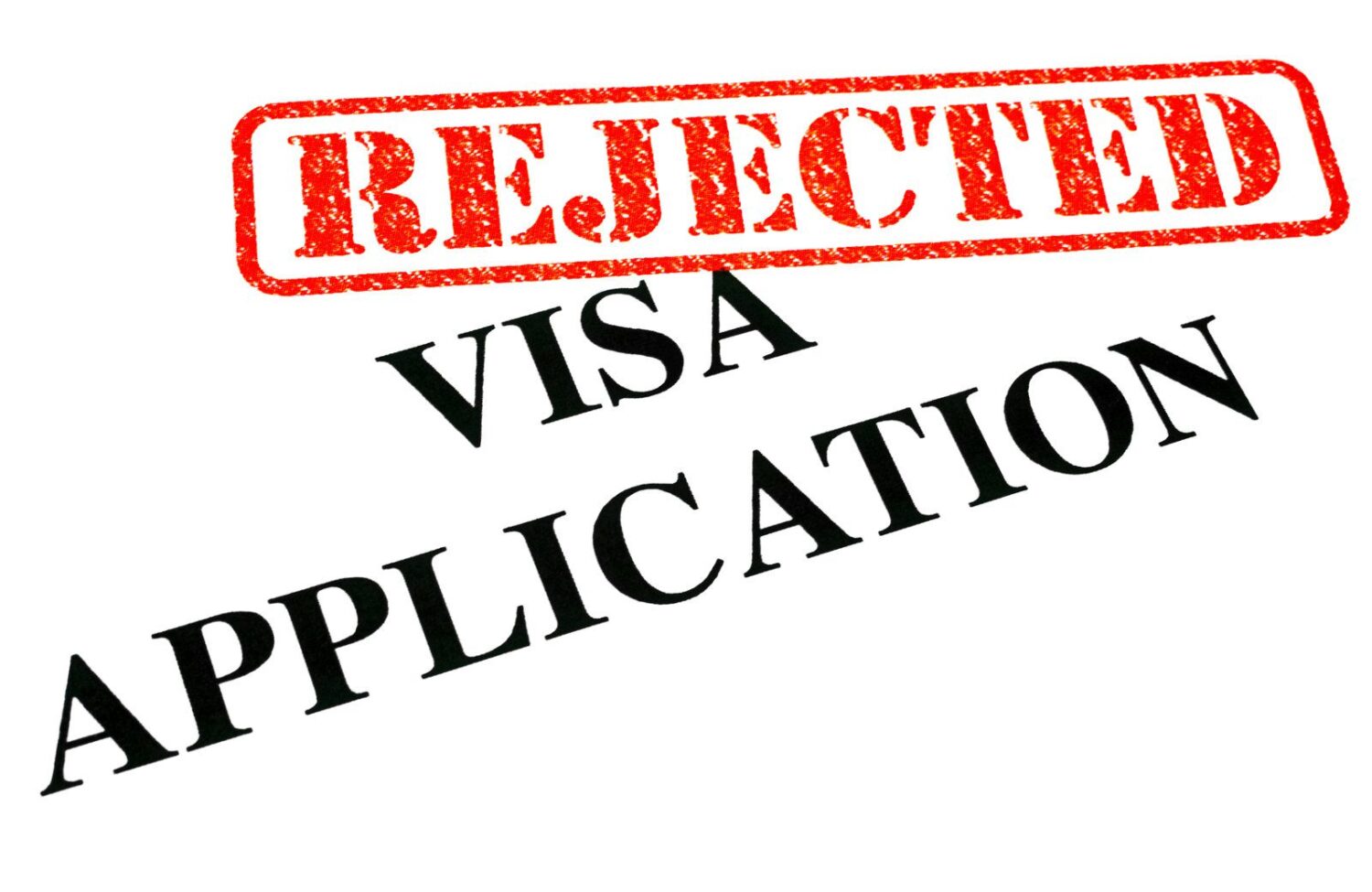

The answer is no. Multiple companies cannot file an H-1B petition for the same individual simultaneously.
The H-1B visa is employer-specific, linking the visa holder to a particular employer for a specific job role. Each employer intending to hire an individual on an H-1B visa must file a separate and distinct petition on behalf of that individual.
However, an individual can hold multiple H-1B visas from different employers concurrently if each employer successfully petitions for them separately, each based on a distinct job offer and position. This allows the individual to work for multiple employers, subject to the conditions of each H-1B petition.
Let’s dive in more detail.
Legality of Concurrent H-1B Filings
Permissibility of Multiple Filings of H1B Visa
The current immigration regulations do not explicitly prohibit individuals from having multiple H-1B petitions filed on their behalf by different employers simultaneously.
The absence of specific constraints within the same fiscal year allows candidates to explore various job opportunities and submit multiple applications. Each application should stand independently, founded on a genuine job offer, meeting all legal requisites, and not duplicating the same position.
Ethical and Legal Considerations of Multiple filings of H1B Visa
Employment Start Dates
In the scenario of multiple H-1B petitions being approved, the individual has the prerogative to select which job offer to accept. However, they can solely work for the employer whose petition they decide to honor, aligning with the chosen employment.
Cap Limit Constraints
Submitting multiple petitions does not elevate the probability of selection in the lottery. Each petition carries an equal chance, and duplicate applications for the same individual are not permitted.
Ethical Implications
Maintaining transparency and open communication with potential employers throughout the application process is paramount. Disclosing the status of other applications and being forthright in discussions can avert potential conflicts or misunderstandings.
Factors Influencing Multiple H-1B Filings
Job Market Dynamics
In highly competitive industries or regions with an acute demand for specialized skills, professionals often receive multiple job offers concurrently. Consequently, each potential employer may initiate an H-1B petition to secure the services of the prospective employee, contributing to the submission of multiple applications.
Career Growth and Diversification
Professionals aspiring for career advancement or exposure to diverse industries might consider pursuing multiple job opportunities. Each offer might present distinct prospects for skill enhancement, professional development, or exposure to varied facets of their field, prompting them to explore multiple H-1B filings.
Uncertainty in Approval
Given the unpredictability of the H-1B lottery system, individuals might contemplate submitting multiple filings to potentially enhance their chances of selection. However, it’s crucial to note that multiple applications do not guarantee a higher probability of success due to the cap limit on available visas.
Challenges and Considerations about concurrent H1B Filings
Lottery Selection and Approval
The H-1B visa cap often results in a surplus of petitions compared to available visas, creating a highly competitive scenario.
The randomness of the lottery system means that each petition, irrespective of the number filed for an applicant, holds an equal chance of being selected. This unpredictability makes the process challenging for both applicants and employers.
Ethical and Legal Compliance
Applicants considering multiple filings must uphold ethical standards and comply with legal norms.
Ensuring honesty and transparency throughout the application process is crucial to avoid potential issues or complications. Providing accurate information to all employers and adhering to immigration regulations is essential to maintain integrity in the process.
Potential Outcomes and Strategic Approaches
Selecting from Multiple Approvals
In situations where multiple H-1B petitions are approved, applicants face the task of making a decisive choice. Factors such as job prospects, career trajectory, employer credibility, geographic location, and compensation package might influence their decision-making process.
Withdrawal or Rejection of Petitions
In cases where multiple petitions are approved, applicants may decide to withdraw or reject offers from one or more employers to avoid conflicts or legal ambiguities. Managing these petitions properly is essential to maintain lawful status and uphold professional integrity.
Understanding the H-1B Visa Process
Overview of the H-1B Visa
The H-1B visa remains a cornerstone for U.S. employers seeking skilled foreign workers in specialized occupations. It serves as a bridge for professionals worldwide, offering opportunities to contribute their expertise to the American workforce.
This non-immigrant visa category, designed for individuals in specialty occupations, encompasses various fields, including technology, engineering, healthcare, finance, and more. Its significance lies in facilitating the recruitment of individuals with specialized skills not readily available in the domestic workforce.
Cap Limit and Filing Window for H-1B Visa
Annually, the U.S. Citizenship and Immigration Services (USCIS) imposes a numerical cap on the number of available H-1B visas. For each fiscal year, the cap stands at 85,000, among which 20,000 are reserved for candidates with advanced degrees.
As the filing window typically opens on April 1st, the demand often surpasses the available slots within a short span. Consequently, a random lottery system is employed if the cap is met within the initial days, determining the selection of petitions for processing.
Conclusion: Navigating the Process
While the law permits multiple H-1B filings for the same applicant, individuals should approach this process with caution and diligence.
The competitive nature of the lottery system, combined with ethical and legal considerations, necessitates a prudent and transparent approach. Understanding the implications and maintaining honesty throughout the application process are fundamental for a successful and lawful outcome.

